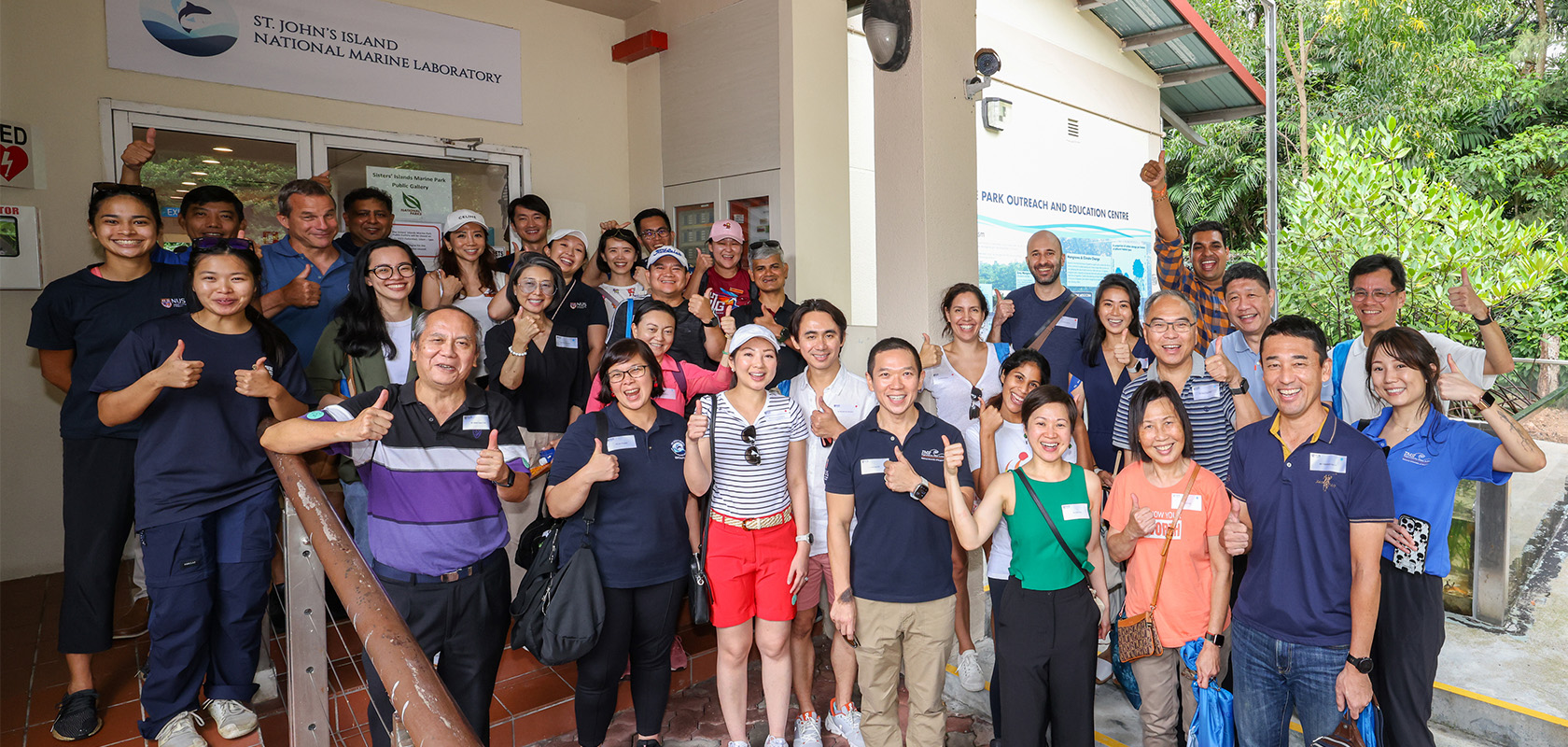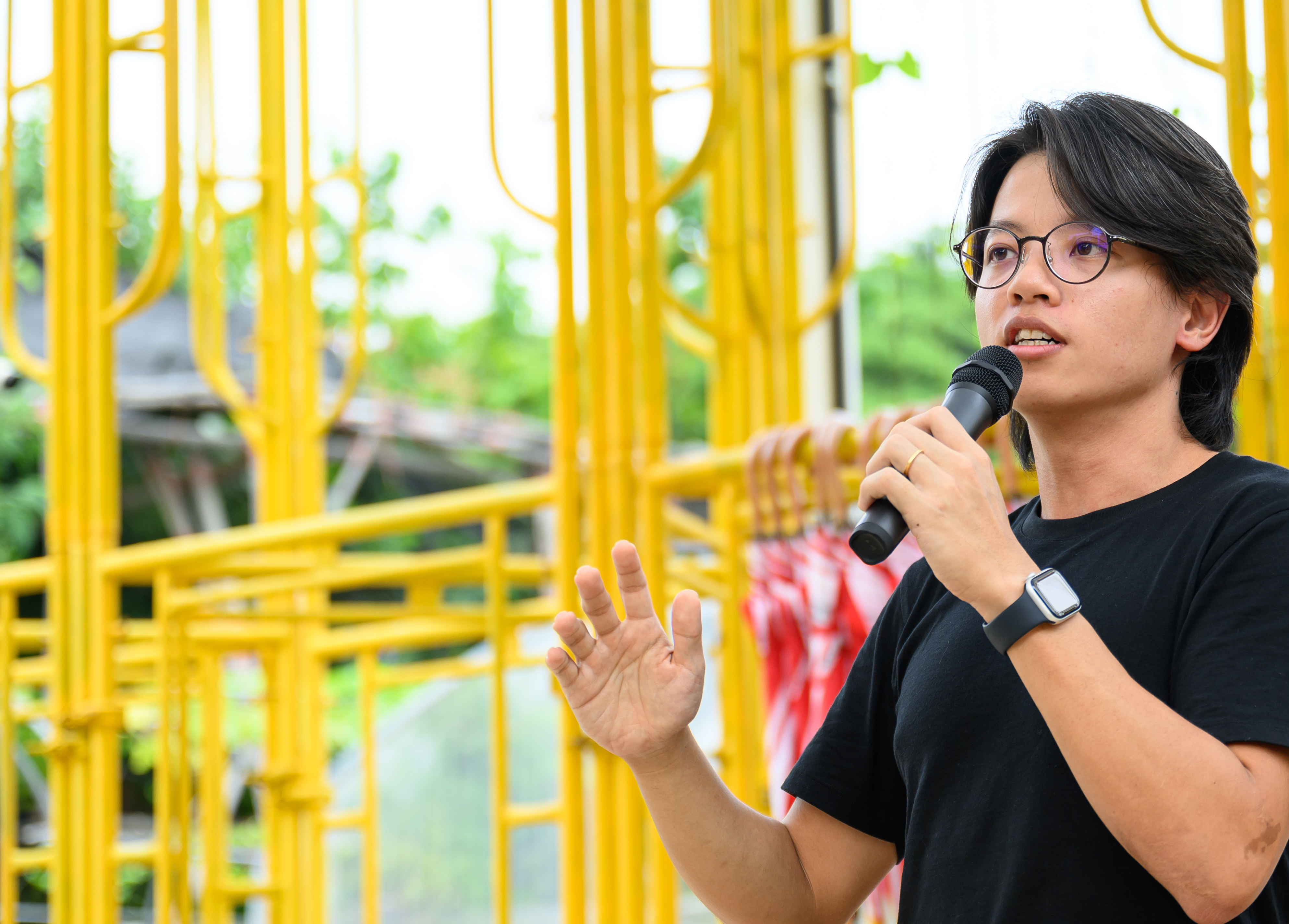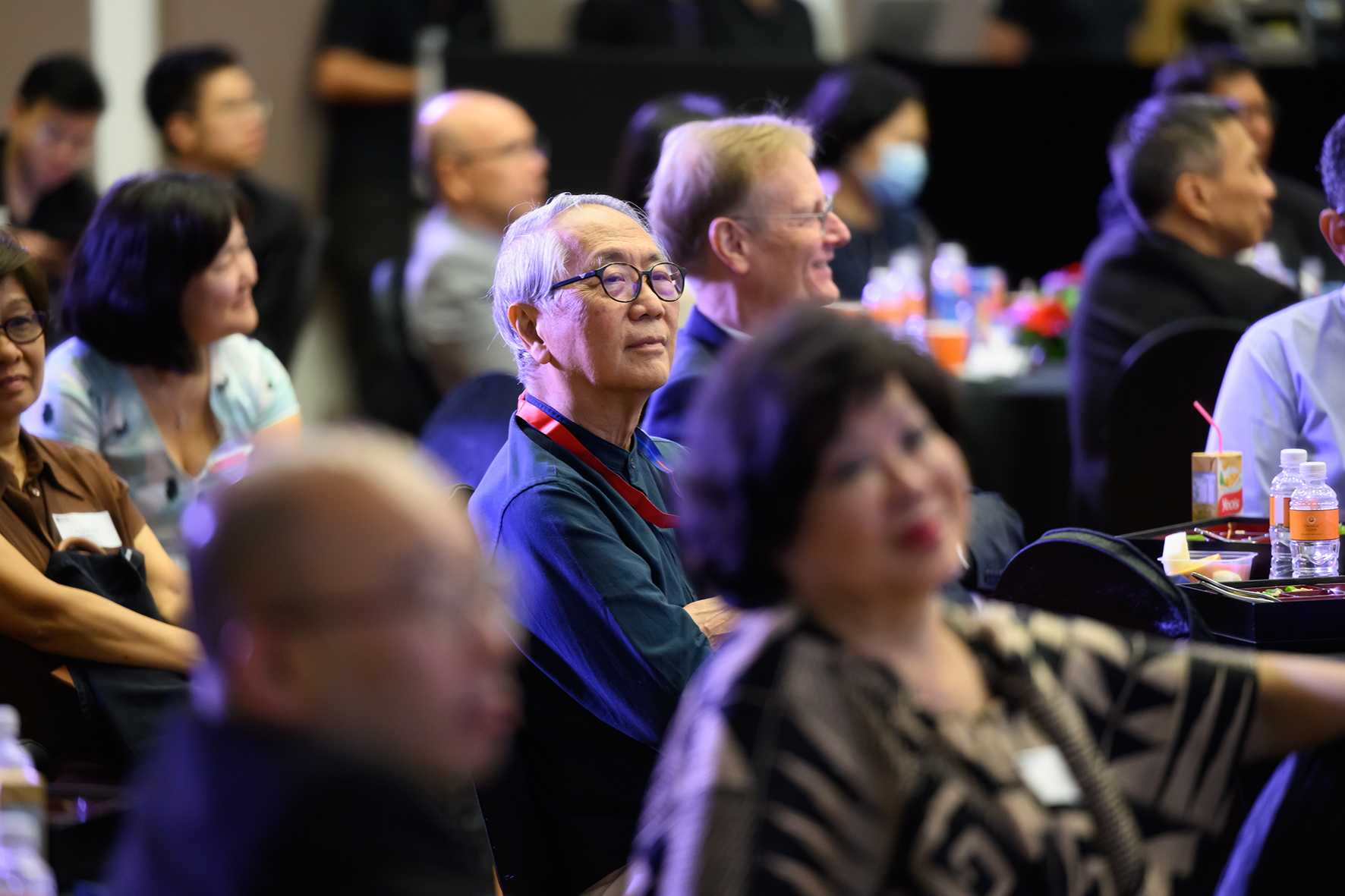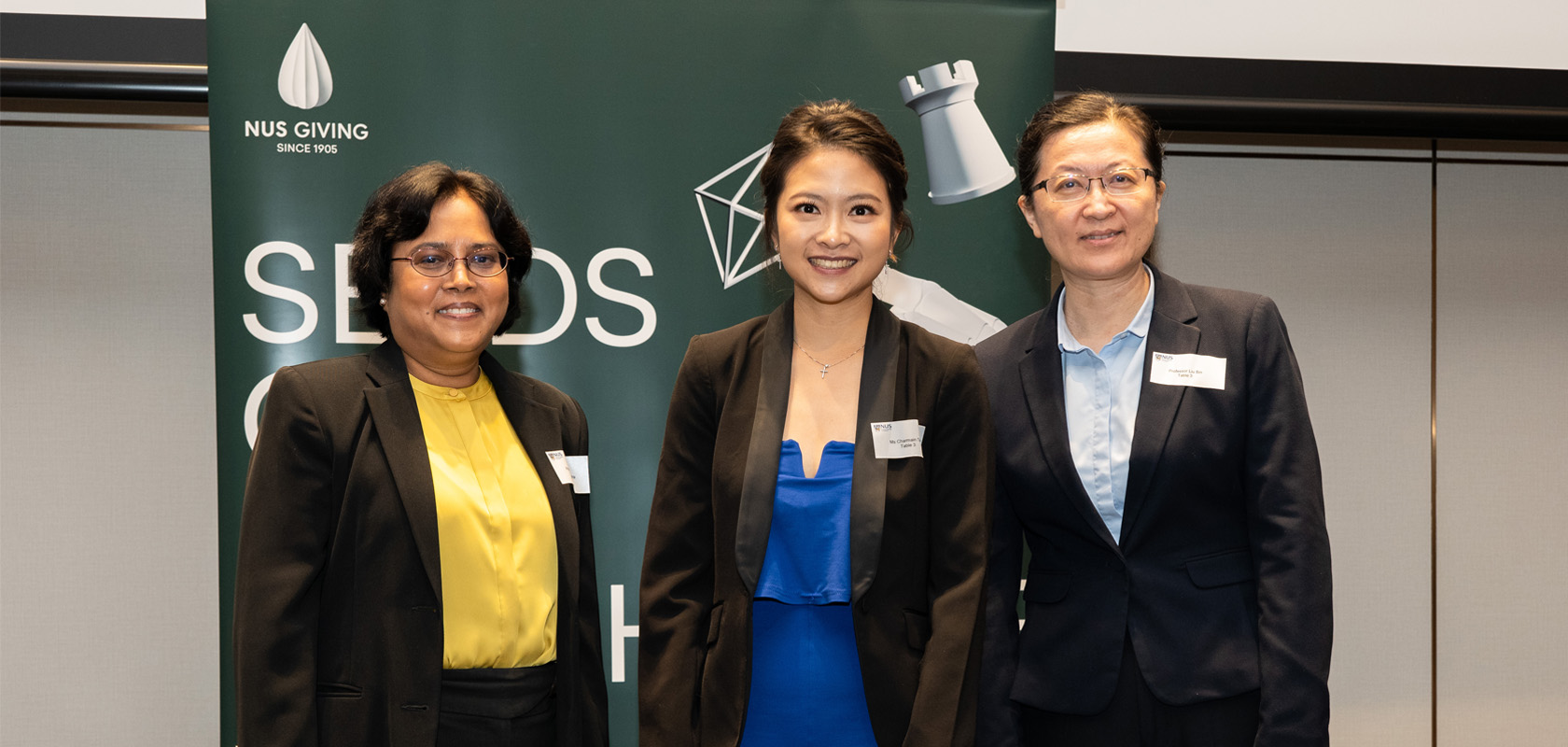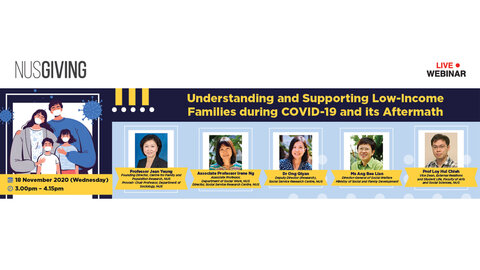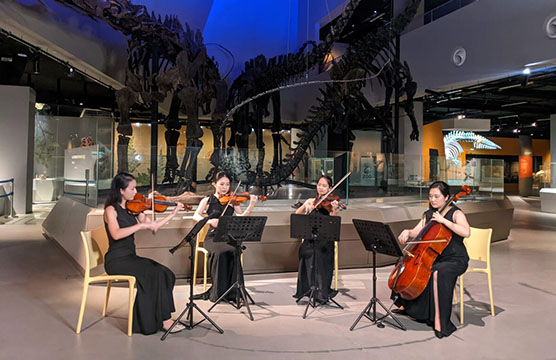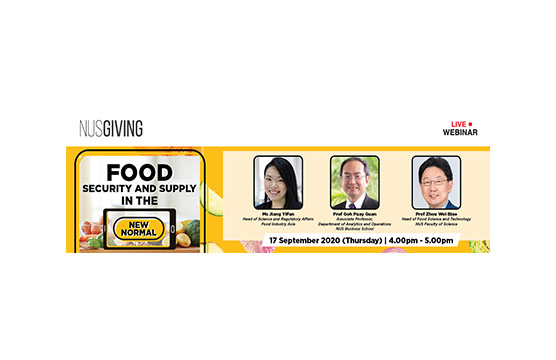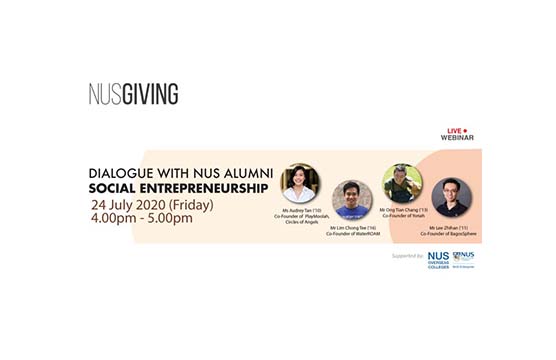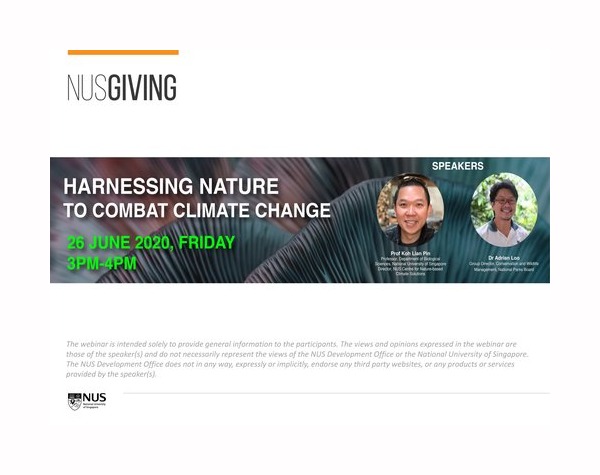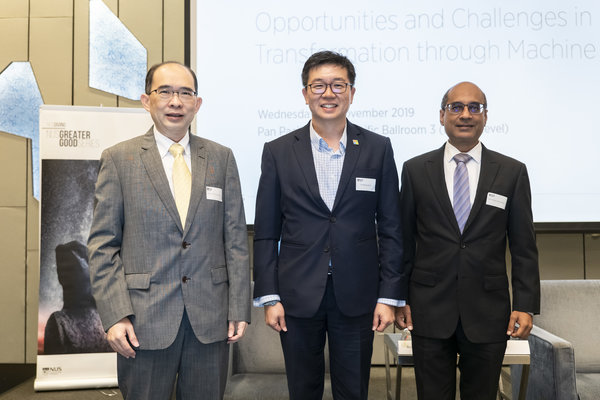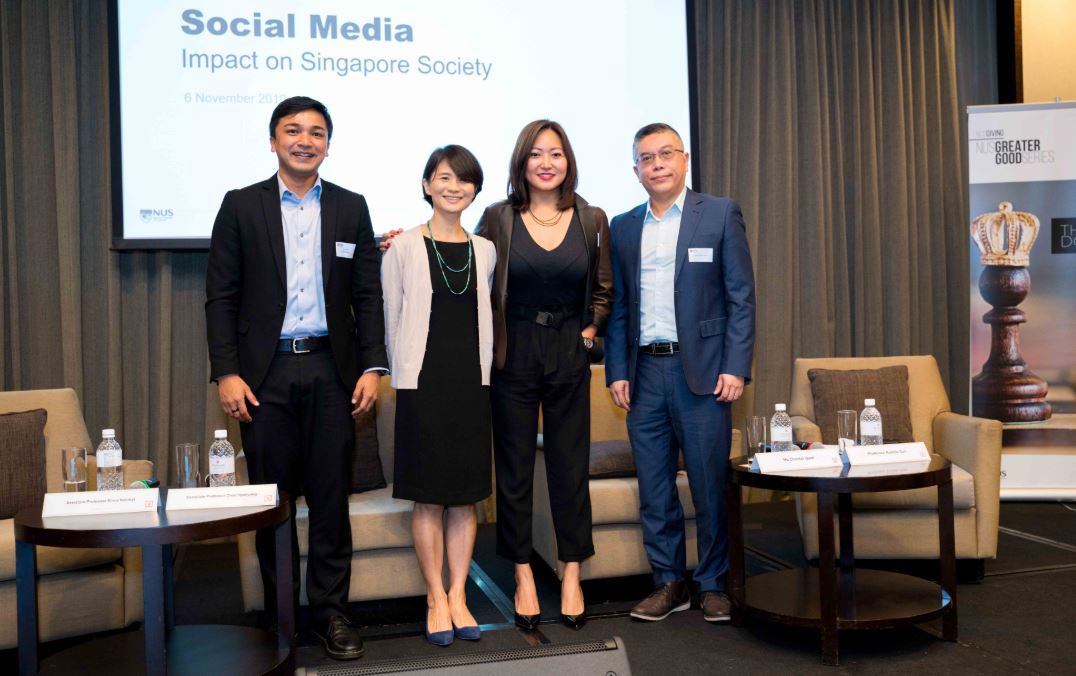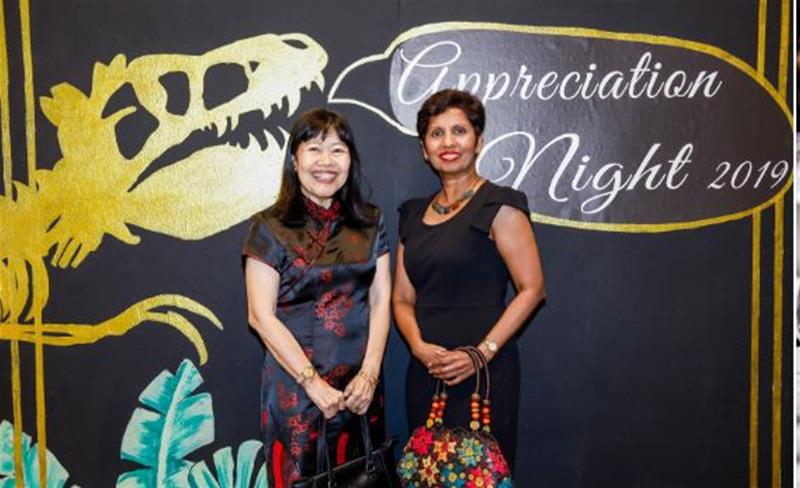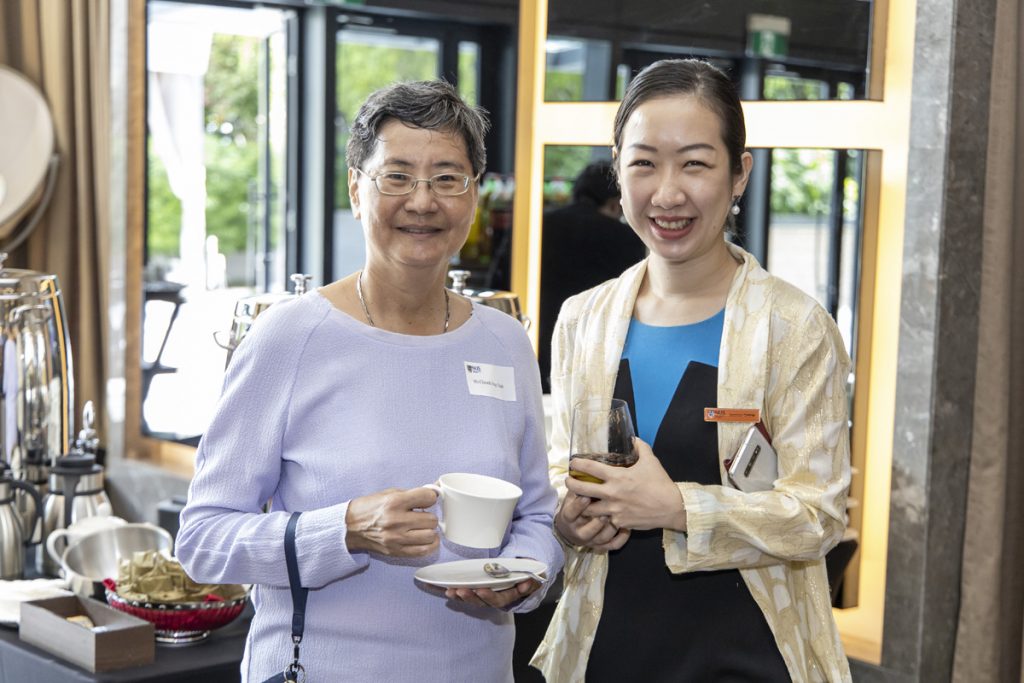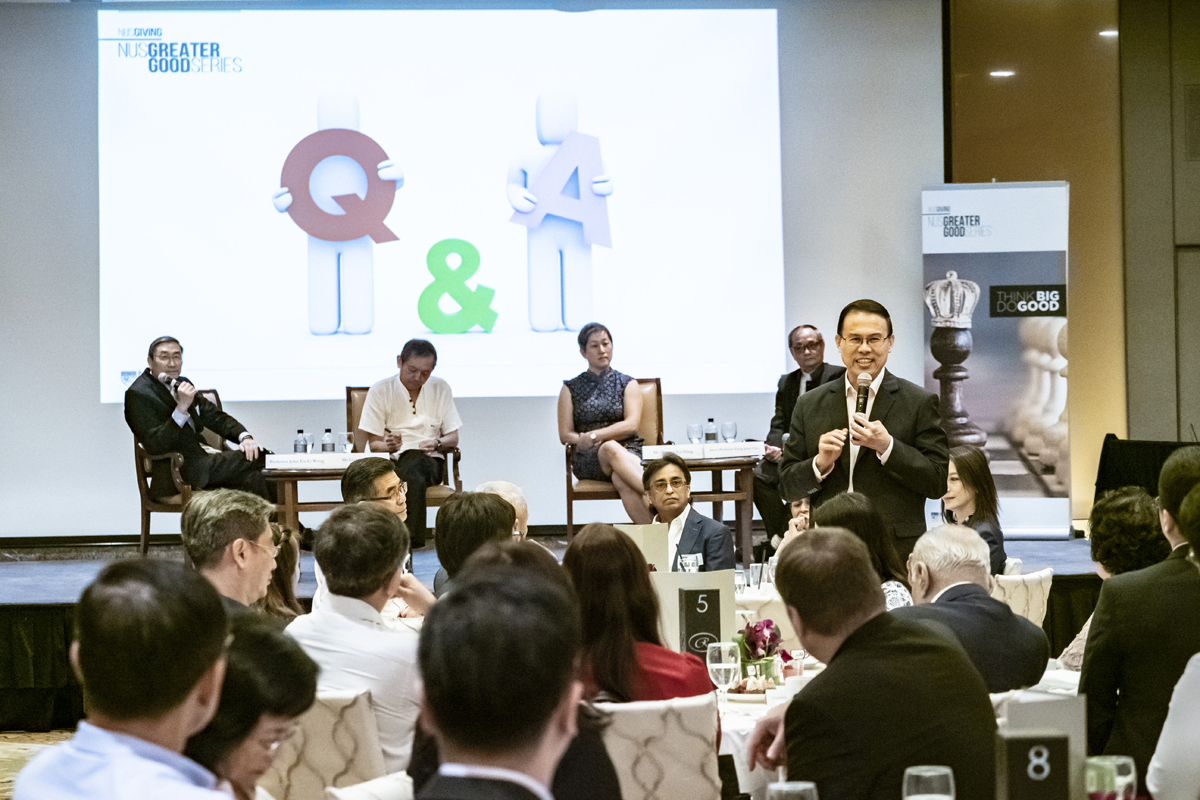NUS Giving Webinar Series – US-China Relations and Asia’s Dynamism
Oct 9, 2020
The United States has enjoyed unchallenged global leadership but today, a new superpower is emerging
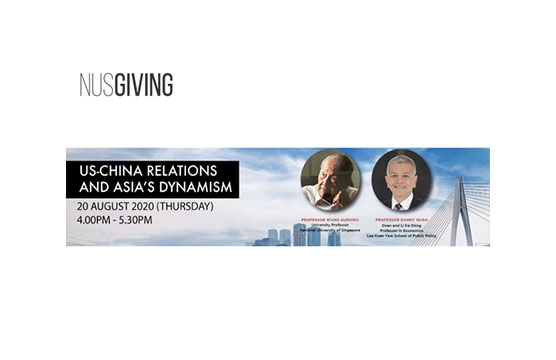
For seven decades, the United States (US) enjoyed unchallenged global leadership. Today, however, a new superpower is emerging in Asia – China. The US remains a leading nation but the world’s economic centre is now shifting to Asia.
What are China's ambitions in Asia and in the world? Where does Asia fit in the strategic visions of the world's geopolitical superpowers?
During the NUS Giving Webinar Series on US-China Relations and Asia’s Dynamism, invited speakers Professor Wang Gungwu, University Professor, National University of Singapore (NUS) and Professor Danny Quah, Dean and Li Ka Shing Professor in Economics, NUS Lee Kuan Yew School of Public Policy gathered for an insightful discussion on US-China relations and Asia's new emerging order.
The two speakers dived straight into an elaborate sharing session starting from the history of each country and how their unique histories have influenced and shaped their differing fundamental beliefs and perspectives on change.
“We’re dealing with two extraordinary countries – China has a long history of over 4,000 years of considerable continuity, while the US is a dynamic revolutionary force that came first upon the world just over 200 years ago,” Prof Wang shared.
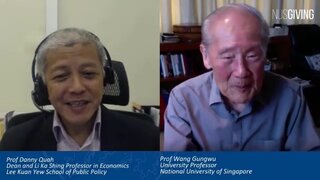
Prof Wang then talked about the three distinct periods of China’s history to understand the periods of great change from the Chinese perspective, comparing it to the US’ set of new ideals based on people’s participation and freedom.
“Part of the story is that the US believes in the sacredness of certain universal values – that it is not to be changed and that any change is bad. While China, on the other hand, has a history of great acceptance of change,” Prof Wang elaborated.
“The Chinese has always looked upon the world as a place of change. They have lived through periods of great change and look upon change as both danger and an opportunity. Instead of fearing change, they have always tried to overcome the problems raised by it and find ways and means of building on the change to become stronger and better.”
“Another side of the conversation today is also how the other nations, elsewhere in Asia, are needing to navigate and traverse this growing conflict that is now a collision between these two strands of ideas,” commented Prof Danny Quah.
When asked on where is the great divide that the rest of the world should choose from, Prof Wang explained that “while the world watches with great interest, ultimately, people are very concerned not to allow any one part to be too dominant, which is a natural instinct”.
“What the rest of the world wants is to be able to exercise agency of one’s own sovereign nation rather than be forced to choose what just one side or other offers,” Prof Danny Quah added.
The webinar concluded with Prof Wang sharing his thoughts on remaining hopeful despite the deterioration of US-China relations.
“In the last decade or so, a large proportion of the world’s people are beginning to understand the idea of globalisation. The way the world has reconnected, and become connected, as well as interconnected, shows how something like a pandemic can reach out to everybody and that nobody is free from it. This thought has penetrated the minds of a new generation of people which is that we are actually one. And if more and more people feel they actually do share the world as human beings, then that is what gives me hope.”
For further information on the NUS Giving Webinar Series, contact the Events team at dvoevents@nus.edu.sg.

